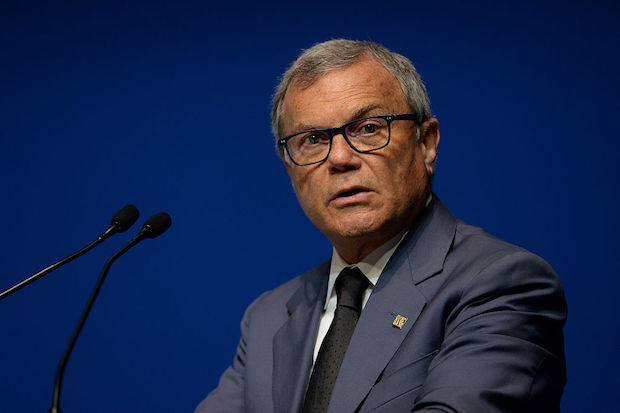I said last week that WPP chief executive Sir Martin Sorrell was in ‘a very exposed position’. Sure enough on Saturday he resigned from the global advertising giant he created and had run for more than 32 years. ‘But he didn’t “create” it,’ one ex-employee told me, illustrating the internal resentments that seem to have contributed to Sorrell’s downfall. ‘He just made a lot of acquisitions and counted the pennies.’ Whatever he did or didn’t do, his departure was undignified and ill-explained. After he’d gone, WPP’s board announced that its investigation into an allegation of financial misconduct against him had concluded, but ‘did not involve amounts that are material’ and would not be mentioned again. That left the world thinking that the resignation swiftly rebadged as ‘retirement’ was really about WPP’s falling share price, driven by sentiment that the top man’s time was up.
Pundits are now asking whether WPP’s conglomerate model from the 1980s can survive without Sorrell in a fragmented new world of advertising that’s obsessed with the sorcery of social media and ‘big data’.
The answer is that it probably can’t and that the famous agency names within WPP will likely find new lives and new alliances. Meanwhile, we’ve been reminded that even in a company whose fortunes have for so long been synonymous with those of its founder, ultimate power resides with the board (a model of correctness, as it turns out, with three female non-execs and many nationalities) and the chairman.
The latter, three years in post, is Roberto Quarta, a seasoned but low-profile boardroom operator of Italian-American origins who was once a protégé of Owen Green, the famously tough chief of the BTR manufacturing conglomerate. On his way up, I gather, Quarta gained a reputation as a ruthless wielder of the corporate knife. In an interview long ago, when he was running an industrial group called BBA, he described his approach: ‘As well as identifying people who can help you push forward change, you’re also trying to remove those who are so entrenched in the old culture that they’re not going to change.’ If the full truth of Sorrell’s departure ever emerges, perhaps we’ll learn that he met his match in Roberto.







Comments